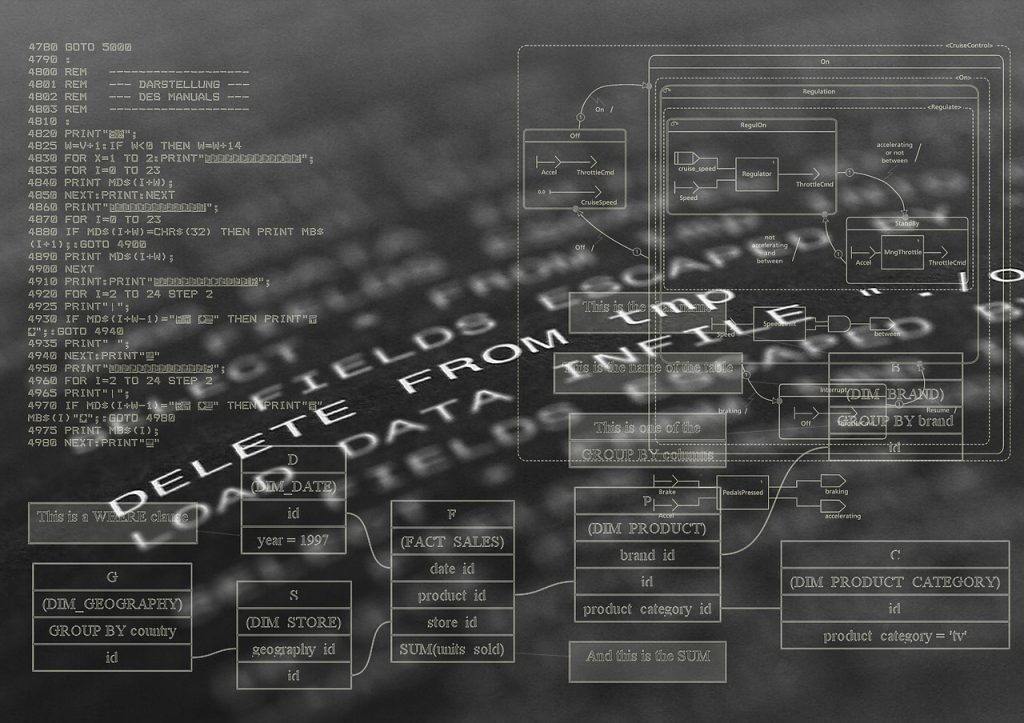
WhatsApp Highlights the Need for Encryption Regulation
*This is an AI-powered machine translation of the original text in Portuguese
The debate over the judicial blocking of the WhatsApp application involves the juxtaposition of the right to freedom of communication and security as a public policy guaranteed by the State.
The injunction by the President of the Supreme Federal Court, Ricardo Lewandowski, suspending the blocking in July, for instance, is based on the constitutional right to free communication and its disproportionality, which creates "legal uncertainty among users of the service, leaving millions of Brazilians without communication with each other."
The infringement on the communication rights of millions has a strong rhetorical appeal, but there is some exaggeration in identifying the application with the very possibility of communicating. Would it be acceptable to block a competitor of WhatsApp with fewer users?
The ability to encrypt messages has existed for thousands of years. Modern technology allows each WhatsApp user to have a public key, communicated to all who wish to send them messages. Everyone can encrypt and send messages using this feature, with privacy guaranteed.
Only the one with the decoding key (stored on each user's phone) can read the messages. The application provider creates the possibility of encryption and decryption but does not possess or have access to the keys.
Therefore, the crucial question is not whether WhatsApp (or another similar application) would be obliged to disclose the content of the messages because that is impossible, but whether technology companies are authorized to market products that provide users with entirely inaccessible information environments.
Interestingly, this encryption technology, by providing inviolability, renders the State impotent and, ultimately, dispensable - for instance, bitcoins use encryption to provide all users with a secure system for generating coins, owning them, and making exchanges.
In the physical world, unlike the encrypted virtual world, there is no environment that, in theory, cannot be accessed by the State. That's why we talk about the inviolability of the home (which is indeed violable) as an individual right.
From this perspective, the hypothesis of George Orwell's well-known Big Brother is reversed: instead of a State that, through technology, controls every aspect of private life, we have technology that guarantees private (virtual) spaces inaccessible to the State.
Hence the need for regulation of encryption technology. If the Judiciary believes that WhatsApp and similar applications are subject to the State's power of blocking, it would immediately affect the rights to free enterprise - the prohibition of developing products that create encrypted environments - and consequently, the freedom and privacy of any individual virtual communication.
The regulatory solution, therefore, addresses a problem that goes beyond the legal balance between privacy, confidentiality, free communication, and public security.
It faces a deeper challenge generated by the virtual "brave new world": how to balance human technology in the name of essential humanism? And we are not facing a science fiction scenario...
Co-authored with Tercio Sampaio Ferraz Junior and Marcelo Finger. Originally published in Conjur.
*Image kjpargeter



